Delivering University Education Effectively and Efficiently
In conversation with Dr Shivendra Mathur, Registrar NIIT University
What are some of the challenges faced by Higher Education Institutions (HEIs) and how is NIIT University addressing them?
University education at both undergrad and postgrad levels is facing multiple challenges. On the one hand, technology is proving to be a disruptor as much as it is an enabler. On the other, industry practices and challenges are evolving rapidly making much of what is taught redundant. How then does a university keep its education relevant while delivering instruction efficiently and effectively?
To start with, university education needs to have one overarching objective – enabling students to prepare as per evolving industry needs. Students need to become lifelong learners, adapters, adopters, and risktakers. This involves at the basic level adopting 21st century pedagogical practices rather than be stuck with outdated models. Digital natives should have access to any information and should not be spoon fed. Students should be encouraged to leverage the internet and online databases to see what meets needs best. Proper feedback from faculty sets them on the right track towards self-sufficiency. Technology also forms the backbone of the entire teaching-learning process at NIIT University (NU). For operations we have developed our own ERP, which records the student progression right from application till graduation and beyond. Besides technology also plays an important role through simulations, virtual labs, and online teaching.
Secondly, a university has to work in partnership with industry to understand and incorporate what is relevant today and may possibly be relevant tomorrow. Inputs from industry partners and mentors for curriculum design can be invaluable for this. The NIIT Group brought about a big impact on the pervasiveness of computer usage in the country and this legacy has given us a natural advantage in keeping our offerings industry-relevant. We were also the first to offer a pathbreaking programme like the Business Leadership Programme with ICICI Bank. We co-created courses which were unheard of such as Advanced Software Applications which required ICICI Bank’s proprietary software. The programme resulted in 716 NU graduates joining ICICI Bank as mid-level managers in critical business functions. With WNS we started the Business Analytics Programme which provides highly skilled and specialized talent that can work in the complex business analytics space. We also have courses on emergent areas such as ML, AI, and NLP.
Finally, at the individual level students have different personalities, goals and needs. Offering personalised instruction is not only just possible but also desirable. When students are allowed to make their own choices, they own their learning, increase intrinsic motivation and put in more effort — an ideal recipe for better learning outcomes!
At NU, while both undergrad and postgrad programme pedagogy has a direct linkage to industry, the undergrad programmes are designed to give reasonable breadth to the chosen field. The focus is on ensuring that there is healthy exposure to core curricular aspects along with other developmental activities such as sports, cultural, cross disciplinary courses, etc. In postgrad programmes we ensure that students receive specialized instruction in chosen fields and undertake live industry projects. The essence at postgrad level is to fill the ‘knowing-doing’ gap.
The testament to our approach is the track record of our alumni who are recipients of several national and international awards, patents, and founders of start-ups.




